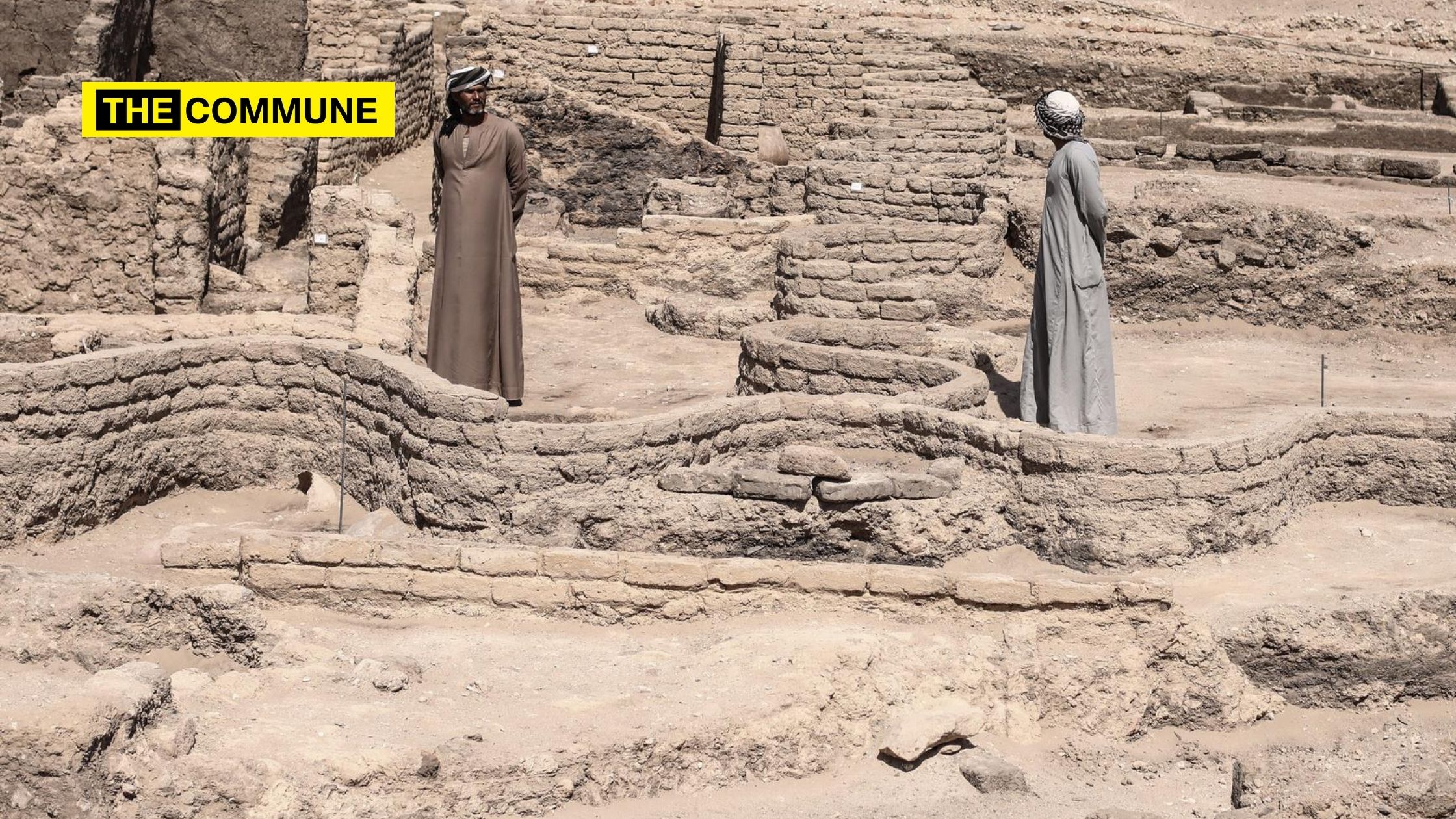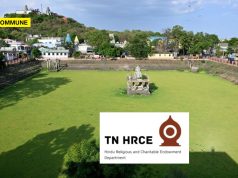
A 3400-year-old ‘Lost City’ from Egypt has been excavated from the desert sands by researchers. This is believed to be the ruins of the “Lost Golden City” dating back to the reign of Amenhotep III, the ninth king of the 18th dynasty. His reign was believed to have been the golden rule and was one where there was a lot of prosperity.
“Many foreign missions searched for this city and never found it,” Dr Zahi Hawass, the former Egyptian Minister of State for Antiquities Affairs, said in a statement. The famed archaeologist was leading an Egyptian team in search of Tutankhamun’s mortuary temple when they made the discovery last September. The excavation area is located near Luxor, between Rameses III’s temple at Medinet Habu and Amenhotep III’s temple at Memnon.
This city was known to be one of the largest administrative centres during the time and was an industrial settlement, back when Egypt was at the peak of its power. This is said to have been the home to the artisans who used to work on the ‘tombs in the Valley of the Kings.’
This city was built in quite a unique way with a single access point and zigzag walls. There was a single entry and exit area, and this led to the internal corridors and passageways, designed in a way that offers maximum control.
Click here to subscribe to The Commune on Telegram and get the best stories of the day delivered to you personally.




